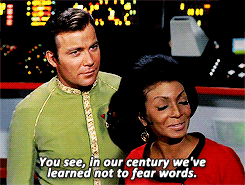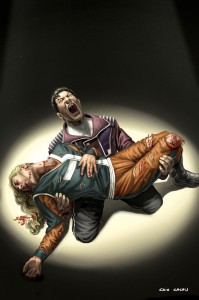I wrote this article on pelvic pain a while back, and was waiting for the right time to share. Since I missed International Men’s Day this past Saturday, now seemed like the time.
Prudery and Squeamishness are two things I don’t have much patience with.
Okay, I’m squeamish about having things touch my eyes, and snakes still make my skin tingle. I don’t care to look at open, oozing wounds or dismembered bodies. Or most of the photos on Internet ads captioned, “Do this one weird thing to get healthy!” That’s what I would call normal, healthy squeamishness. We should be uncomfortable with things that could be dangerous or harmful.
But being so uncomfortable about the parts of our bodies that go inside our underwear, to the point that we don’t know about or receive the health care we need, is just plain stupid. And it grows not only out of childhood prejudice that boobs and butts, ding dongs and hoohas are “gross,” it grows out of the repressed, anti-sexual prudery brought to us by the Brits who had the biggest influence over our nation’s culture from the beginning, and haven’t let go yet.








